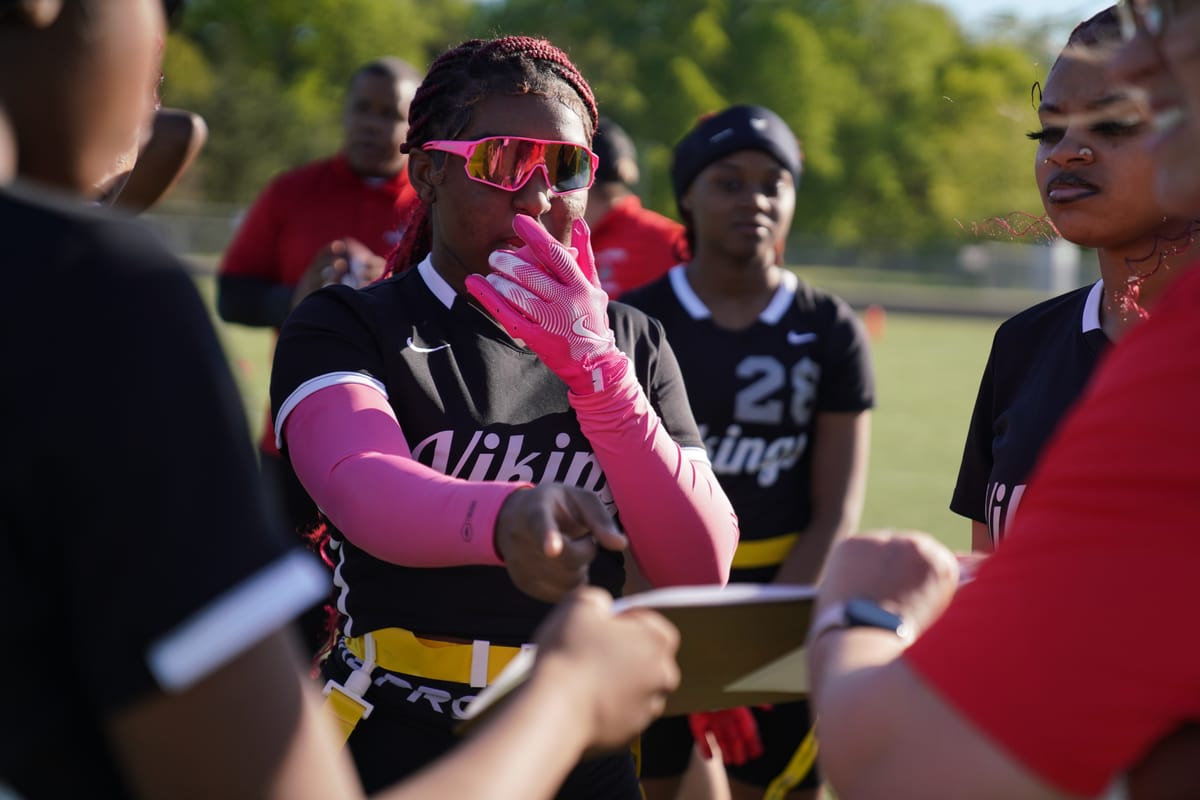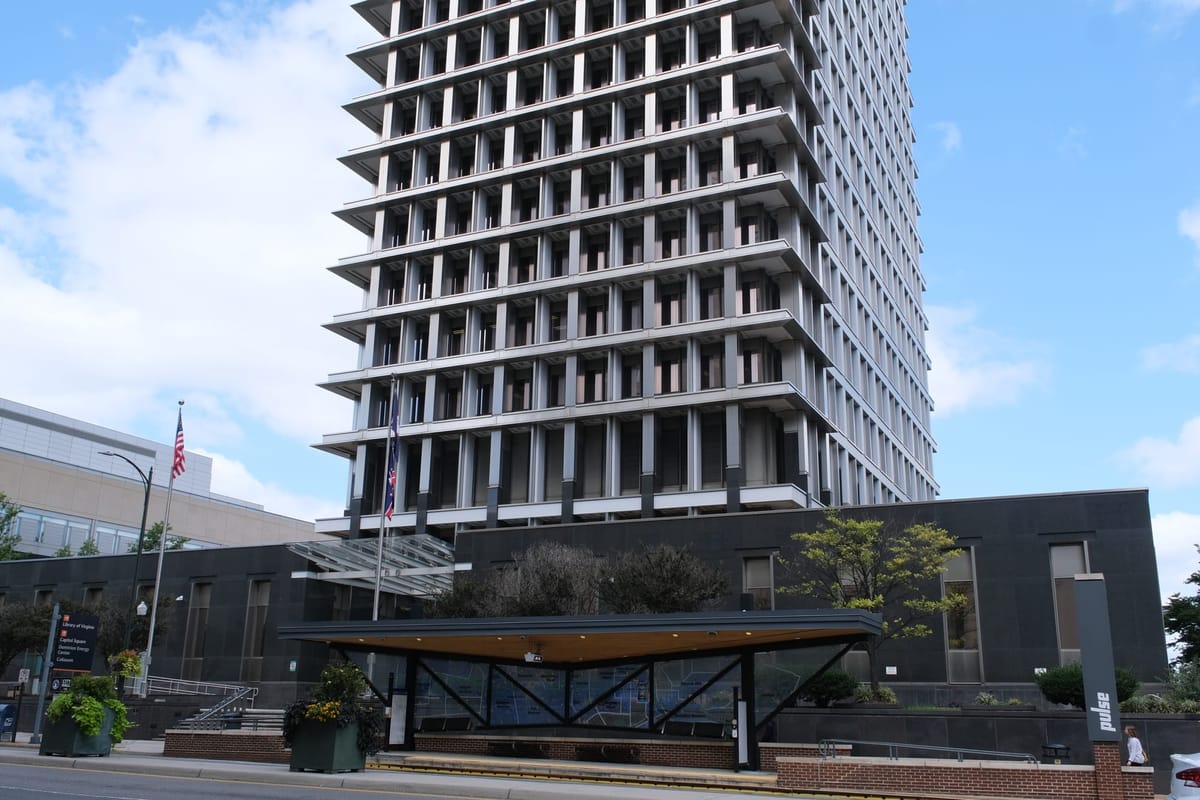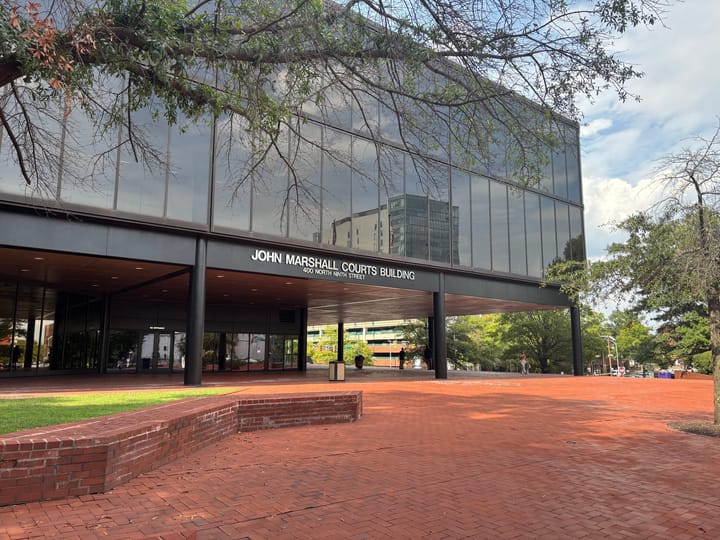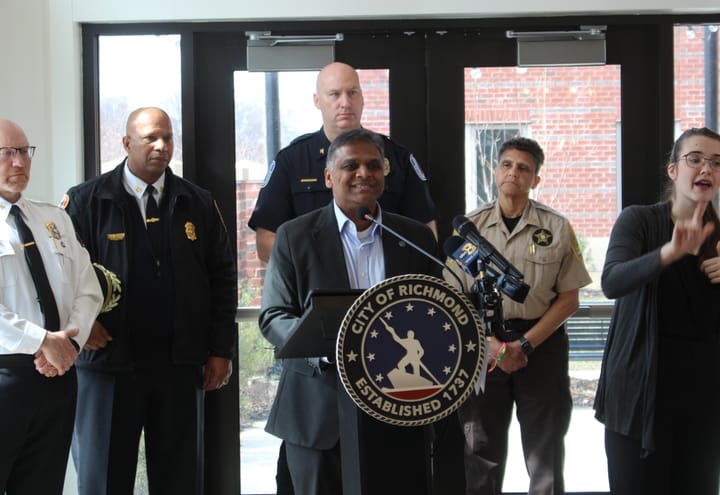
Richmond officials float plan to get politicians out of nonprofit funding decisions
As part of a planned overhaul of how Richmond gives public dollars to nonprofit groups, Mayor Danny Avula’s administration is planning to empower outside experts to make decisions about which organizations should get city funds.
In a memo sent to City Council members Thursday, Chief Administrative Officer Odie Donald II said the city intends to tap “intermediary organizations” to handle the nonprofit funding process city officials have traditionally overseen themselves.
The groups selected to manage that process, Donald said, would use their policy expertise to make decisions about which nonprofits are best equipped to do the most good with public funding.
Earlier this year, an internal audit found major flaws in the previous funding system. The city gave at least $1.45 million to groups that didn’t meet the city’s own criteria, the audit found, and officials weren’t rigorously monitoring whether nonprofits were using taxpayer funding effectively.
Donald said the new process would represent a “significant shift” from the city-run process.
“This model offers several advantages including improved outcomes through specialized subject matter knowledge, reduced administrative burden, and strengthening the public trust by creating distance between political processes and grant decisions while preserving Council’s budget authority,” Donald wrote.
There are already similar intermediary models in place for some policy areas. The city budgets money for a Health Equity Fund overseen by the nonprofit Richmond and Henrico Public Health Foundation. The city also has a Positive Youth Development Fund overseen by the nonprofit NextUp RVA.
The city’s nonprofit funding program had grown to include more than 70 individual groups, with more than $13 million in funding allocated in the budget year prior to the audit.
The audit led Avula to scale back funding to nonprofits in the latest city budget and consider an overhaul of the process for the fiscal 2027 budget process that will occur next spring.

By design, outsourcing funding decisions to intermediary nonprofits will give city officials less direct control over where the money goes. It’s not yet clear how the Avula administration's proposal will go over with Council members, many of whom regularly file budget amendments to direct funding to specific nonprofits.
Under the old system, city staffers reviewed and scored applications from nonprofits and made recommendations on which groups should get money. But the mayor’s office and the City Council made the final calls on which groups received funding through the budget.
Critics of that system felt it raised questions about fairness, and whether some groups were getting money based more on political connections than the quality of the services and programs they provide.

Because the Council has broad authority to amend the city budget however it sees fit, the revamped process could rely on a more informal agreement among members that the body will no longer earmark money for specific nonprofits.
Under the Avula administration’s suggested process, the mayor’s proposed budget would list funding levels for four focus areas: economic mobility, children and education, arts and culture and health.
Once the Council adopts the budget in the spring, the intermediary organizations would receive the funding. And the intermediaries would then oversee a competitive process to award grants to other nonprofits by the late summer and track the results of those grants.
Donald said the city is also considering bringing in a consultant to help implement the new process.
“The administration eagerly anticipates embarking on this process in partnership with the Council to ensure an equitable, data-driven process while continuing to support the important work of local community organizations,” the CAO wrote in the memo.
The city is still finalizing some details of how the new system could work, Donald wrote, but a full public announcement is expected by Oct. 1.
Contact Reporter Graham Moomaw at gmoomaw@richmonder.org
The Richmonder is powered by your donations. For just $9.99 a month, you can join the 1,000+ donors who are keeping quality local journalism alive in Richmond.








